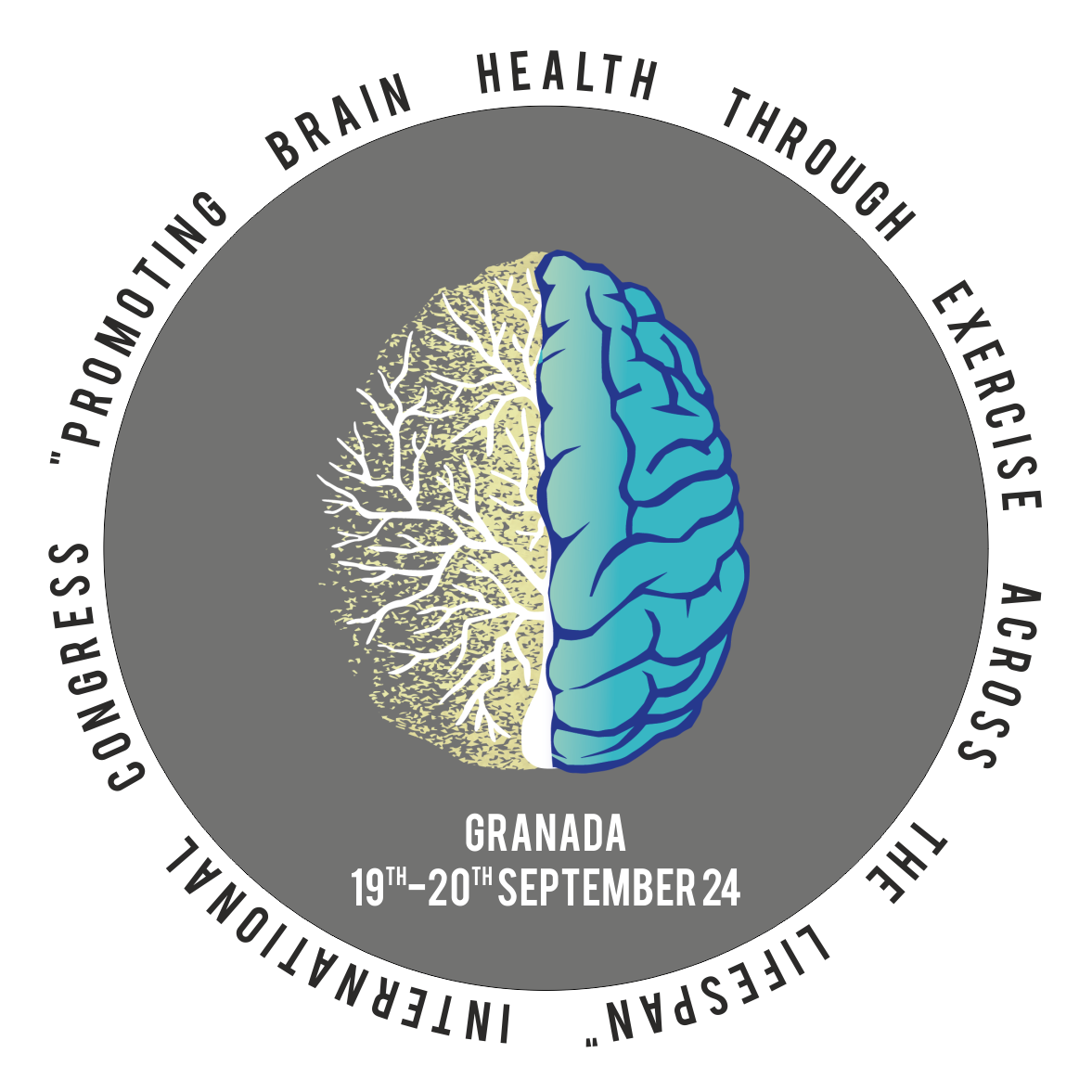
Fluoride is a common addition to our drinking water and dental products. Many people see it as a hero in the fight against cavities. But what if I told you that this mineral might have a hidden role affecting your pineal gland? This tiny gland, nestled deep within the brain, is responsible for producing melatonin, a hormone that regulates sleep patterns and has various other functions. Let’s explore how fluoride may be dancing with your pineal gland and what you can do to support its health!
Unlocking the Secrets: Fluoride’s Playful Dance with Your Pineal Gland
Fluoride is present in many places. It’s in toothpaste, mouthwash, and even some bottled waters. While these products help to keep our teeth strong, they can also influence the pineal gland. Research suggests that fluoride may accumulate in the pineal gland over time. This accumulation could potentially impact its ability to produce melatonin effectively.
When melatonin production is hindered, various bodily functions may be disrupted. Your sleep cycle might suffer, leading to fatigue and irritability. Some studies indicate that excess fluoride could even affect your brain’s neurochemicals. This interaction raises questions about the long-term effects of fluoride on our overall health, particularly in relation to our sleep and circadian rhythms.
Moreover, the pineal gland is sometimes referred to as the “third eye” in spiritual practices. It’s thought to be a center of intuition and awareness. If fluoride interferes with its function, could it dampen our spiritual experiences as well? This playful dance between fluoride and the pineal gland leads us to seek out ways to maintain its health and function.
Shine Bright: How to Nurture Your Pineal Gland’s Glow!
Supporting your pineal gland is important for overall well-being. One of the first steps is to evaluate your fluoride exposure. Consider switching to fluoride-free toothpaste and using a water filter that removes fluoride. There are many options available; research can help you find the right one for your needs.
Another way to nurture your pineal gland is through diet. Foods rich in antioxidants, like berries and leafy greens, can promote a healthy brain. Omega-3 fatty acids, found in fish and flaxseeds, also support brain function. Staying hydrated is equally vital. Proper hydration helps flush out toxins that could accumulate over time, including fluoride.
Finally, don’t underestimate the power of mindfulness. Practices like meditation and yoga can help to enhance your connection with your pineal gland. Incorporating relaxation techniques into your daily routine may improve your sleep quality and boost your overall health. Shine bright by taking these small yet significant steps towards a healthier pineal gland.
Understanding the relationship between fluoride and the pineal gland opens up a world of possibilities for health and wellness. By being proactive about your fluoride exposure, choosing nourishing foods, and embracing mindfulness practices, you can help your pineal gland glow brightly. Here’s to a healthier you, where restful nights and vibrant days await!





